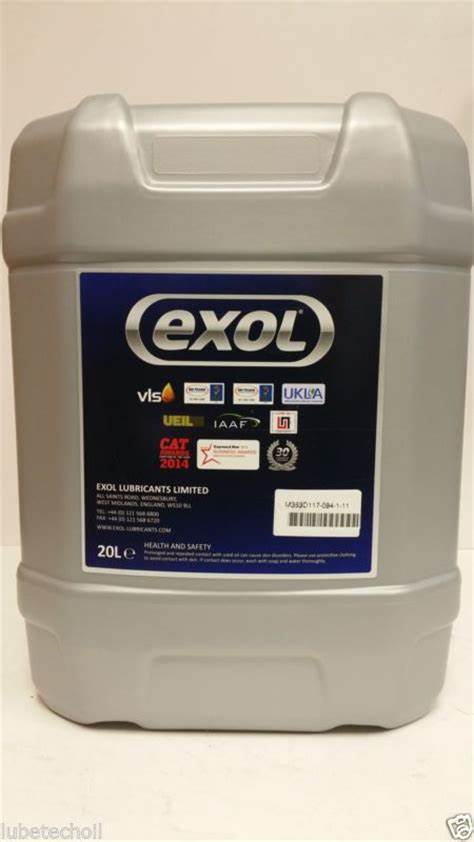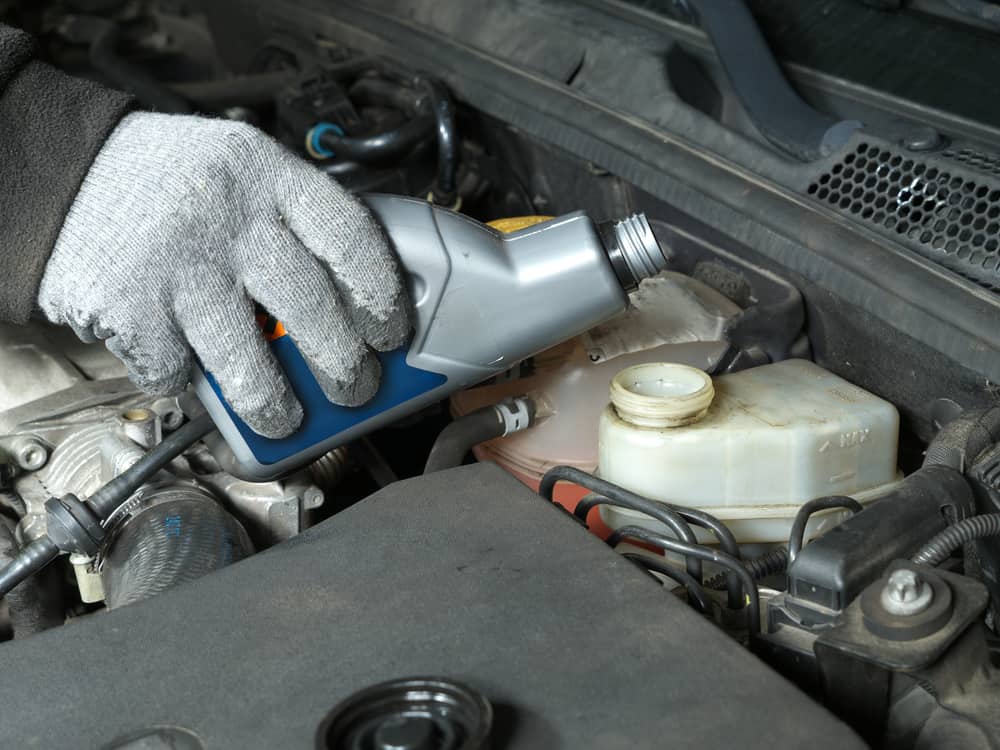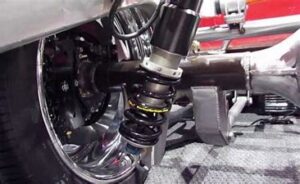Hydraulic brake fluid is also simply known as brake fluid. It has the responsibility of moving different components of a vehicle’s braking system.
This fluid works under very high temperature and pressure conditions and, without its presence, a car or truck would not be able to stop even when the driver pushes the brake pedal inside the vehicle.
Hydraulic brake fluid is a non-compressible substance that lies within the lines of the brake, delivering the force created by a person’s push on the brake pedal to each of the brake rotors on the four corners of a vehicle. This then applies pressure to the wheels and ultimately slows or stops the movement of the vehicle.
Table of Contents
Composition Of Hydraulic Brake Fluid
If we look at the chemistry behind most brake fluid, we can observe that it comes from the combination of different kinds of glycols, which are basically a mixture of non-petroleum and other alcohol-based fluids. After the process which involves mixing, the chemical name gets shortened to ‘polyglycol’.
In addition to this, high-grade silicone-based fluids are also present, which cannot be mixed with any other type of fluid. No matter whether it is used in the brake or clutch system, it is important to understand the differences between these common types of brake fluid.
The brake fluid must always maintain some specific properties. Our brakes can also get hot, sometimes up to 1200 degrees which means that the fluid needs a high boiling point. Also, because our vehicles experience different seasons and have to cope up with them, the low freezing point becomes something of utmost importance as well. On top of maintaining both extremes ( high boiling point and low freezing point), it is designed in such a way that it does not damage any rubber components in the brake system.

As a result of this, the chemical properties which are found in most brake fluids can become permanently dull or damage the paint. So, make sure that you handle with care and always be quick to clean any kind of accidental overspills.
Brake fluid is basically hydroscopic, which means it has a natural tendency to absorb any kind of moisture. And in some time, the added moisture can result in the build-up of corrosion or a decrement in boiling point. It is never a bad idea to change the hydraulic brake fluid of your vehicle every couple of years and also try not to leave your reservoir cap off any longer than actually needed.
Working Of Hydraulic Brake Fluid
This is a step-by-step and a simplified look at how the hydraulic brake fluid works within a hydraulic brake system:
- At first, the driver lowers the brake pedal by pushing it downwards.
- The pedal sends a compression force to the piston which is present inside the brake caliper.
- These compression forces enhance the pressure inside the brake lines and make the brake fluid move.
- The pressure of the brake fluid afterward makes the brake rotors to compress down on brake pads. This then makes contact with the wheels, slowing and gradually even stopping the rotation of the wheel and also the vehicle itself.
Different Types Of Hydraulic Brake Fluid
While brake fluid function is comparably easy to understand, there is a wide variety of kinds of hydraulic brake fluid to choose from, which may appear to be confusing when it comes to the replacement of the brake or hydraulic fluid.
The two main types of brake fluid are
- Glycol-based fluids: These fluids are further divided according to the grades. Glycol-based brake fluids are usually used in vehicles which consists of an anti-lock brake system (ABS). These fluids are classified by the Department of Transportation (DOT) number up to 5.1, which indicates the boiling point of the fluid. Higher the DOT numbers, better the quality of hydraulic fluid that can withstand comparatively higher temperatures.

- Silicon-based fluids: The silicone-based fluids work only in cars and trucks without anti-lock brake systems (ABS) technology.

If a vehicle which does not have anti-lock brakes has ever had glycol-based brake fluid, switching to a silicone-based fluid cannot be done because small quantities of glycol always remain behind and chemically compromise the integrity of the silicone.
To know what type of hydraulic brake fluid is best for your vehicle, you should consult your owner’s manual or ask one of our mechanics as they can suggest you the best.
How Often You Should Change Your Hydraulic Brake Fluid?
With time, the hydraulic brake fluid absorbs moisture from the air, which in turn causes the fluid to degrade and not to work properly. That is why it is more important to periodically drain the oil fluid out and then replace it with new fluid to ensure that the hydraulic brake fluid properly functions.
Most mechanics suggest that the fluid for brakes should be changed every one or two years, although every vehicle has its different maintenance needs. Because the purpose of brake fluid is so integral to the safety, check your owner’s manual for the recommended brake fluid changing schedule of your vehicle.
You may call your mechanical even if you still have some confusion.
Frequently Asked Questions-
So,here are some of the frequently asked questions about what is Basic Brake Fluid , what are the additives in Brake Fluid?-
What Is Basic Brake Fluid?
Brake fluid is a type of hydraulic fluid used in hydraulic brake and hydraulic clutch applications in automobiles, motorcycles, light trucks, and some bicycles.
What Are The Additives In Brake Fluid?
Brake fluids usually contain up to 5% of additives. Corrosion inhibitors are added to protect the brake system metals from corrosion and antioxidants are needed to reduce the oxidative decomposition of glycol ethers polyglycols and to retard the formation of acidic decomposition products and resins.
What Happens To Brake Fluid When Hydraulic Brakes Leak?
The hydraulic braking system is designed as a closed system: unless there is a leak in the system, none of the brake fluid enters or leaves it, nor does the fluid get consumed through use. Leakage may happen, however, from cracks in the O-rings or from a puncture in the brake line
What Are The Parts Involved In Drum Hydraulic Braking System?
In drum hydraulic braking system the parts involved are- Brake pedal or brake lever- In hydraulic braking system same as other braking brake pedal or brake lever is required by the driver to apply braking, this brake pedal or brake lever is attached with the master cylinder through mechanical rod or connecting rod.
Can Silicone Based Brake Fluid Be Mixed With Water?
Silicone based fluids are non-hydroscopic meaning that they will not absorb or mix with water. When water is present in the brake system it will create a water/fluid situation.
Conclusion:
Hydraulic brake fluid is something of utmost importance present in every vehicle. It should be properly understood which hydraulic brake fluid should you choose for your vehicle and how often should you replace it.
Hope this article helps you.
Cheers!



